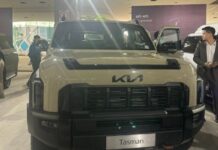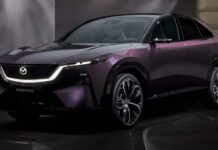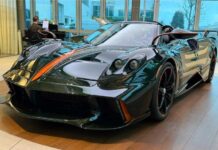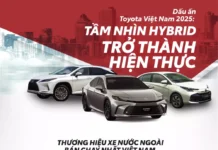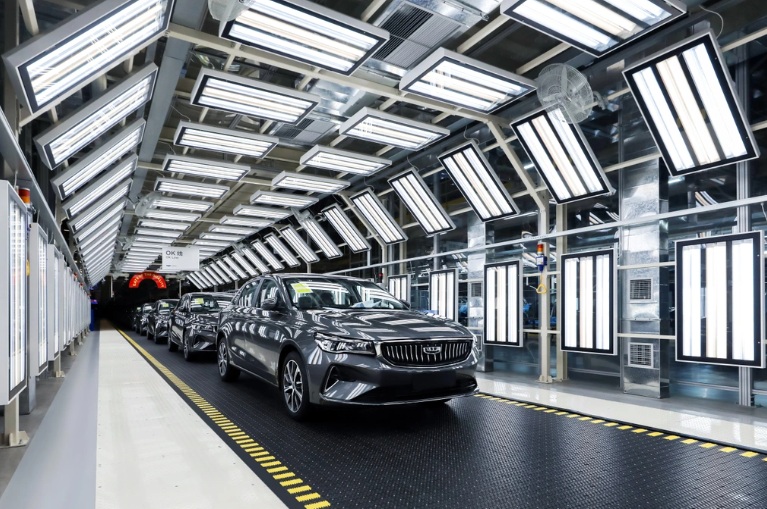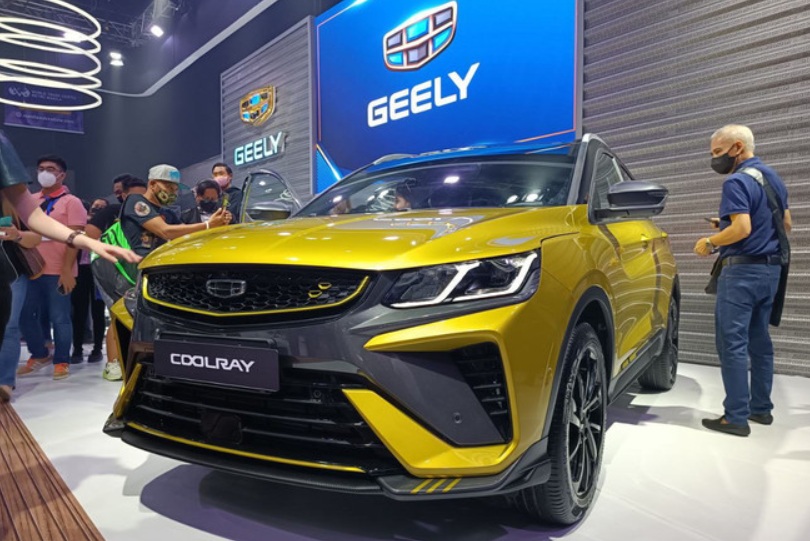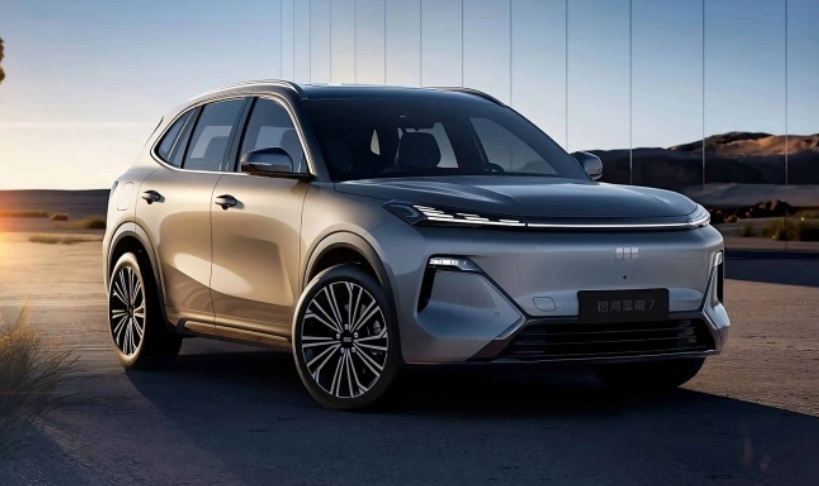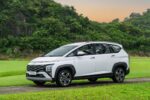With the Chinese automotive industry embroiled in a fierce price war and global overcapacity at alarming levels, Geely Group has recently declared that it will not be constructing any new factories.
Speaking at the Chongqing Auto Show last weekend, Li Shufu, Chairman of Geely Group, affirmed that the company will not expand its capacity by building new factories. Instead, it will focus on enhancing its technological capabilities to prepare for profound shifts in the global automotive industry: “The global automotive industry is plunging into a severe overcapacity crisis. Hence, Geely has decided to halt the construction of new automobile factories,” said Li.
Li’s statement comes as the Chinese car market faces dual pressures from oversupply and an unprecedented price war. In the last week of May alone, over 70 models from major brands such as BYD, Geely, and Leapmotor were discounted by up to 20%, according to the 21st Century Business Herald.
A report from JPMorgan Chase reveals that the average discount rate of Chinese car brands in April surged to a record high of 16.8%, double the 8.3% rate in 2024.
Chen Jinzhu, executive director of Shanghai Mingliang Auto Service, a consulting company, offered his insights: “As one of the leading gasoline and electric car manufacturers in China, Geely’s decision to halt new factory construction could set a precedent for other carmakers to follow, steering towards sustainable growth. Capacity reduction will also alleviate the pressure to clear inventory, thereby easing the intensity of the price war,” he remarked.
According to Li, the issue of global overcapacity needs to be addressed rationally. Geely will pursue a “friendly” globalization strategy rather than continue investing in domestic expansion. Previously, in February, the company announced it would utilize Renault’s factory in Brazil to facilitate its expansion plans into Latin America.
The billionaire also cautioned that if risks stemming from overcapacity and weak sales are not managed effectively, Chinese electric carmakers could lose their competitive edge in terms of cost and production volume, two factors that have been instrumental in their rapid ascent.
In 2024, Geely Auto, the group’s flagship unit, sold 2.18 million vehicles, a 32% increase compared to the previous year. Notably, electric car sales skyrocketed by 92%, surpassing 888,000 units. Geely currently owns several brands, including Zeekr, Lynk & Co, and Galaxy. Additionally, the group also holds a controlling stake in Volvo Cars and a significant share in Daimler, the parent company of Mercedes-Benz.
However, according to Goldman Sachs, only half of China’s total electric vehicle production capacity, equivalent to 20 million cars, was utilized in 2024. This clearly indicates that the overcapacity situation has reached a critical level.
Nick Lai, head of Asia-Pacific automotive research at JPMorgan, provided his perspective: “Boosting exports could improve profitability for Chinese electric carmakers, as exported vehicles tend to have higher profit margins. In the first four months of 2025, electric cars accounted for 33% of China’s total vehicle exports, a significant increase from around 25% in the previous two years,” he noted.
In Europe, there is a growing demand for Chinese electric vehicle technology. Carlo Diego D’Andrea, President of the European Union Chamber of Commerce in Shanghai, stated that European countries increasingly expect Chinese carmakers to bring their entire supply chain, rather than just engaging in CKD assembly (completing the assembly overseas with domestically produced parts).
In the Vietnamese market, Geely officially entered through its partnership with Tasco Joint Stock Company. The first three models introduced were the Coolray, Monjaro, and EX5. Geely had also previously announced plans to build an assembly plant in Thai Binh province, expected to be operational by 2026.
However, with the group’s decision to halt the construction of new factories, it remains uncertain how this will impact their plans in Vietnam. If the investment proceeds, the Thai Binh plant could become a strategic foothold for Geely in Southeast Asia, a region with a rapidly growing automotive market and encouraging policies for electric vehicles.

